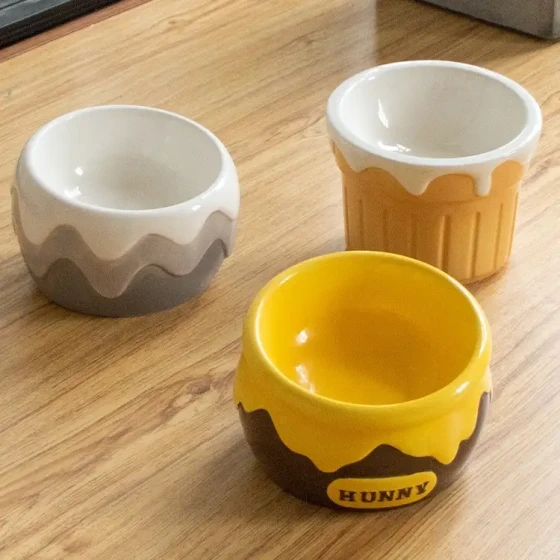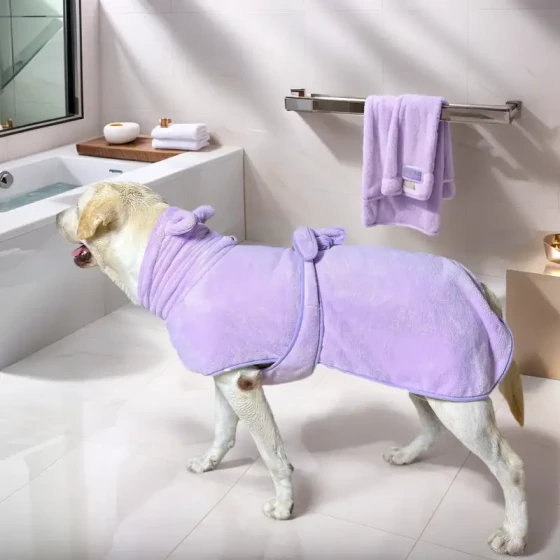Knowledge of Australian Terrier Care

Australian Terrier
Australian Terriers are long-haired dogs with a light body odor and a lifespan of up to 14 years, originally from Australia. During the care of an Australian Terrier, to avoid sudden onset of some diseases, such as in the middle of the night or when the animal hospital is far away in the suburbs making it inconvenient to go out, it is very necessary for dog-owning families to prepare some common medications for dogs. Since some dogs are allergic to certain medicines and there are various usage and dosage questions, it is best to consult a veterinarian when necessary.
Care Knowledge
1. Surgical First Aid Supplies
1. Hydrogen Peroxide: If it is a general external skin injury, you can first use it to clean the wound.
2. Yunnan Baiyao: If the puppy is bleeding, apply the powder on the wound directly. If bleeding is excessive, you can appropriately administer some to the puppy.
3. Anti-inflammatory Powder (Sulfadiazine Crystals): A commonly used and effective wound anti-inflammatory drug. After applying it on the wound surface, bandage it to prevent licking.
4. Gentian Violet: Used during the skin regeneration phase of wounds.
5. Erythromycin Ointment: Can be used during the wound recovery phase and also when the puppy suffers from purulent skin diseases.
If possible, you should also prepare some popsicle sticks. If the puppy unfortunately has a fracture, these light, thin, and flexible popsicle sticks can be very useful. Because although the puppy is injured, its lively and active nature can easily worsen the injury, parents can use the popsicle sticks as splints to temporarily fix the fractured limb. This way, during the trip to the hospital, the blood vessels, nerves, muscles, and skin around the fracture are less likely to be damaged again.
2. Digestive Tract Medications
1. Multi-enzyme Tablets, Pepsin Tablets, Compound Vitamins: These medicines greatly help puppies with indigestion and poor appetite and effectively regulate their gastrointestinal function.
2. Gentamicin Tablets: Many owners get very anxious when their puppy vomits or has diarrhea caused by indigestion. This medication plays an important role when the puppy has diarrhea.
3. Metoclopramide Tablets: If the puppy vomits, owners can give this to stop vomiting.
4. Developmental Supplements: Regularly giving puppies supplements that regulate gastrointestinal function can also prevent diarrhea.
Special Reminder: If your pet’s vomiting or diarrhea is severe, you should see a doctor promptly to avoid delaying treatment.
3. Special Medications
1. Chloramphenicol Eye Drops: An essential medication for the eyes, used to treat conjunctivitis and keratitis. Because it is inexpensive, it can be used to clean the eyes even without eye disease, helping maintain eye cleanliness. This is especially important for breeds with large, protruding eyes like Pekingese and Pugs.
2. Vitamin E: As your long-time companion pet gradually reaches old age, how can owners maintain their dog’s youth and slow aging? Your medicine kit should have Vitamin E, and often giving it to your dog will help keep it "forever young."
3. Glycerin Suppositories: Very effective for constipation when inserted into the anus.
4. Chlorhexidine Solution: If your male dog’s prepuce discharges slightly greenish gray pus, it means the preputial cavity is inflamed. Frequent rinsing with chlorhexidine solution can help relieve this problem.
5. Phenobarbital: Puppies with epilepsy will have seizures from time to time. Giving this medicine before seizure onset can effectively control the condition.
When traveling with your dog, if it has a history of car sickness, you can prepare some sedatives such as diazepam or chlorpromazine. Because sedatives interfere with the dog's heat regulation ability, after taking them, being trapped in a hot car could lead to heatstroke or even death. Therefore, open windows or use air conditioning to keep the car cool, and dosage must be consulted with a veterinarian.
Editor’s Tip: The above common medicines should be used strictly according to the instructions, generally dosed based on children’s measurements for dogs. If unsure, please consult a veterinarian promptly. Please use medicines properly.



